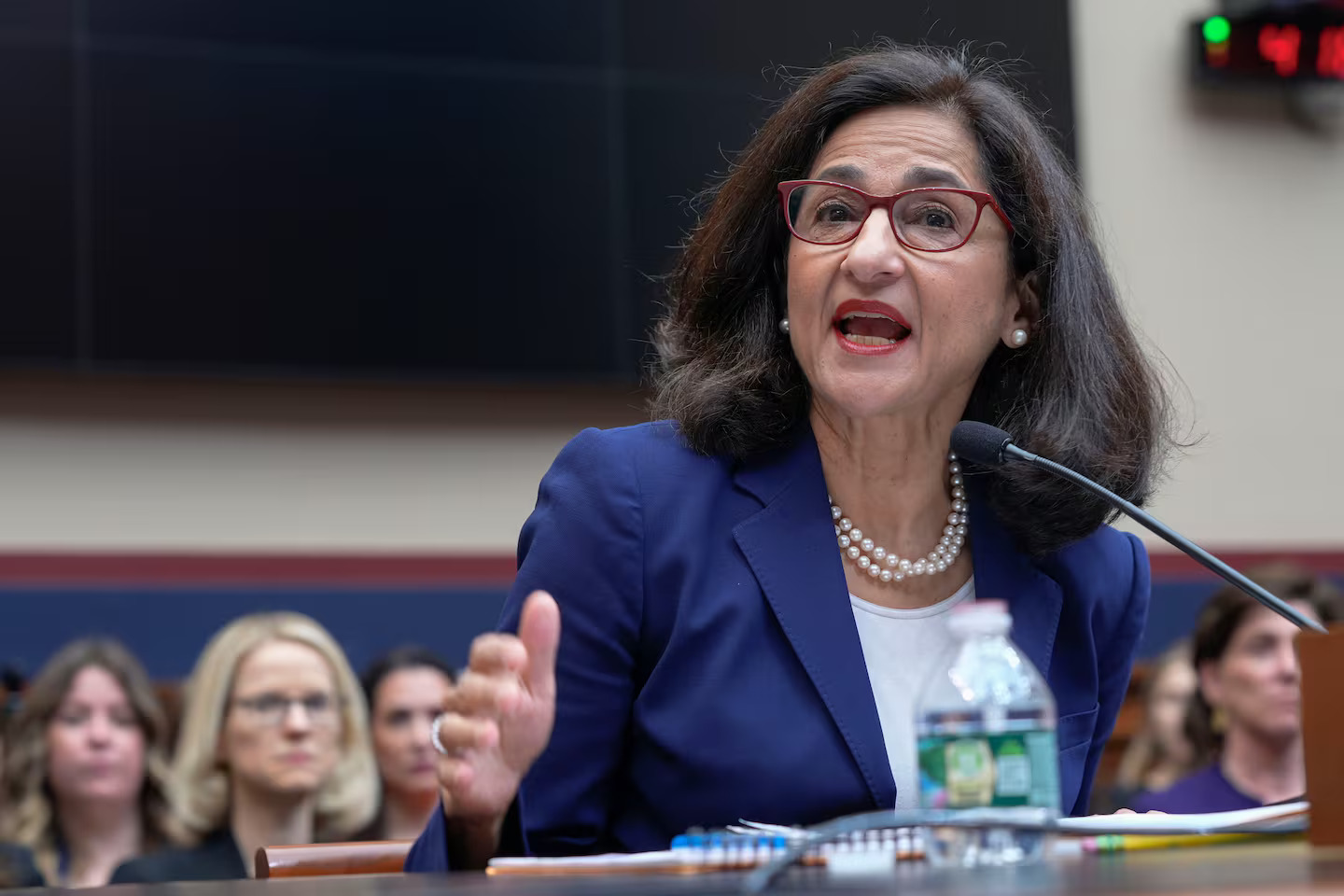Columbia University President Minouche Shafik has announced her immediate resignation, marking a sudden end to her tenure at the prestigious institution. Her departure comes amid significant unrest at the university, particularly related to student protests over the Israel-Hamas conflict. These protests included dramatic scenes of police intervention, reflecting broader national student activism on the issue.
In her resignation letter, Shafik expressed mixed feelings about her presidency, acknowledging progress in certain areas but also noting considerable turmoil within the university community. She attributed part of her decision to step down to the impact of the protests, which she felt had created a challenging environment that was difficult to navigate.
The resignation also follows a contentious episode earlier this year, where three deans resigned after their derogatory messages about Jewish life and antisemitism were revealed. Shafik had criticized these messages as unprofessional and troubling, further compounding the controversies during her tenure.

Shafik faced additional scrutiny from political figures, including being questioned by Congress and criticized by Republicans for her handling of antisemitism concerns on campus. Despite these challenges, she expressed a desire to return to her roots in global development and poverty alleviation by resuming work in the UK, where she plans to lead an initiative on international development.
Interim President Katrina Armstrong, who is currently leading Columbia, emphasized the need for strong leadership during these trying times. Armstrong, a medical doctor and executive at Columbia University Irving Medical Center, will guide the university through this transitional period. Shafik, appointed as Columbia’s first female president last year, was noted for her extensive background in global economic development and academia.


